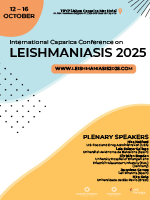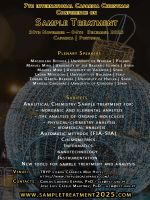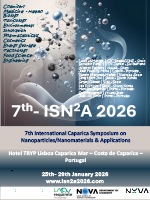Infant gut microbial colonization and health: recent findings from metagenomics studies
DOI: 10.5584/jiomics.v2i1.76
Abstract
New DNA sequencing technologies have emerged in the last decade enabling in-depth study of human gut microbiota. The bacterial communities inhabiting the gut inBuence our immune development and maturation with consequences for general health. However, the balance between host and bacterial community is a5ected by changes in lifestyle. Increasing rates of caesarean delivery, formula-feeding, antibiotic treatments, high fat diet, urbanization and hygiene have led to important changes in the colonization of the gut microbiota. Emergent diseases and conditions including asthma, allergies, autoimmunity, necrotizing enterocolitis (NEC), obesity and type I diabetes may be related to modifications in the microbiota. In this review we focus on studies related to early bacterial colonization of the gut, and how the evolution of gut microbiota during the :rst years of life may lead to new perspectives on the treatment of these diseases. Diet complementation with preor probiotics in formula or replacement of a disease associated-microbiota with a healthy one are currently the most studied approaches in the treatment of microbiota-related disorders. Bacteriophages may provide an alternative means for manipulating gut bacterial communities. However, the question is whether we can alter infant gut microbiota without any risk to health. High-throughput sequencing (HTS) techniques give access to the composition of the gut microbiome, and its evolution over time or in response to di5erent circumstances. This review discusses these techniques, evaluates the impact of microbiome composition on infant development and outlines possible improvements in health care based on this knowledge.









